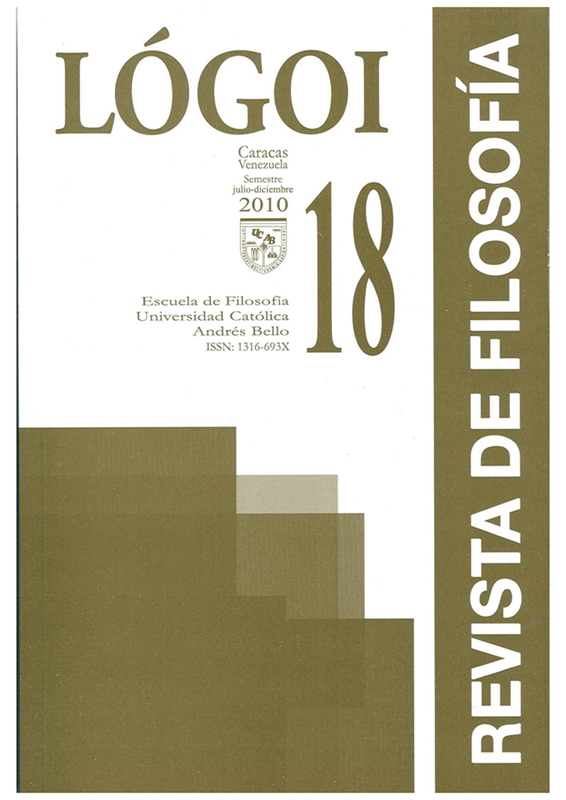Between religious belief and empirical belief: Wittgenstein's critique of Frazer
DOI:
https://doi.org/10.62876/lr.v0i18.2709Keywords:
Wittgenstein, Frazer, beliefs, magic-religious emotionsAbstract
According to Wittgenstein, religion has no cognitive content, which leads him to separate the magic-religious reactions in the Remarks on Frazer’s Golden Bough. Those reactions would be emotions or ultimate reactions which are characterized by the lack of empirical content from actual beliefs. Wittgenstein specially criticizes the fact that Frazer does not try to understand which would be the reasons for men to let themselves lead by their ancestral customs, such as committing acts that would look abominable to us. Yet, he wants Frazer to refer to the explanations through a bunch of data according to which the beliefs would be the basis or the foundation of such an action.
Downloads
Downloads
Published
How to Cite
Issue
Section
License
Copyright (c) 2022 Array

This work is licensed under a Creative Commons Attribution-NonCommercial-ShareAlike 4.0 International License.






.png)












